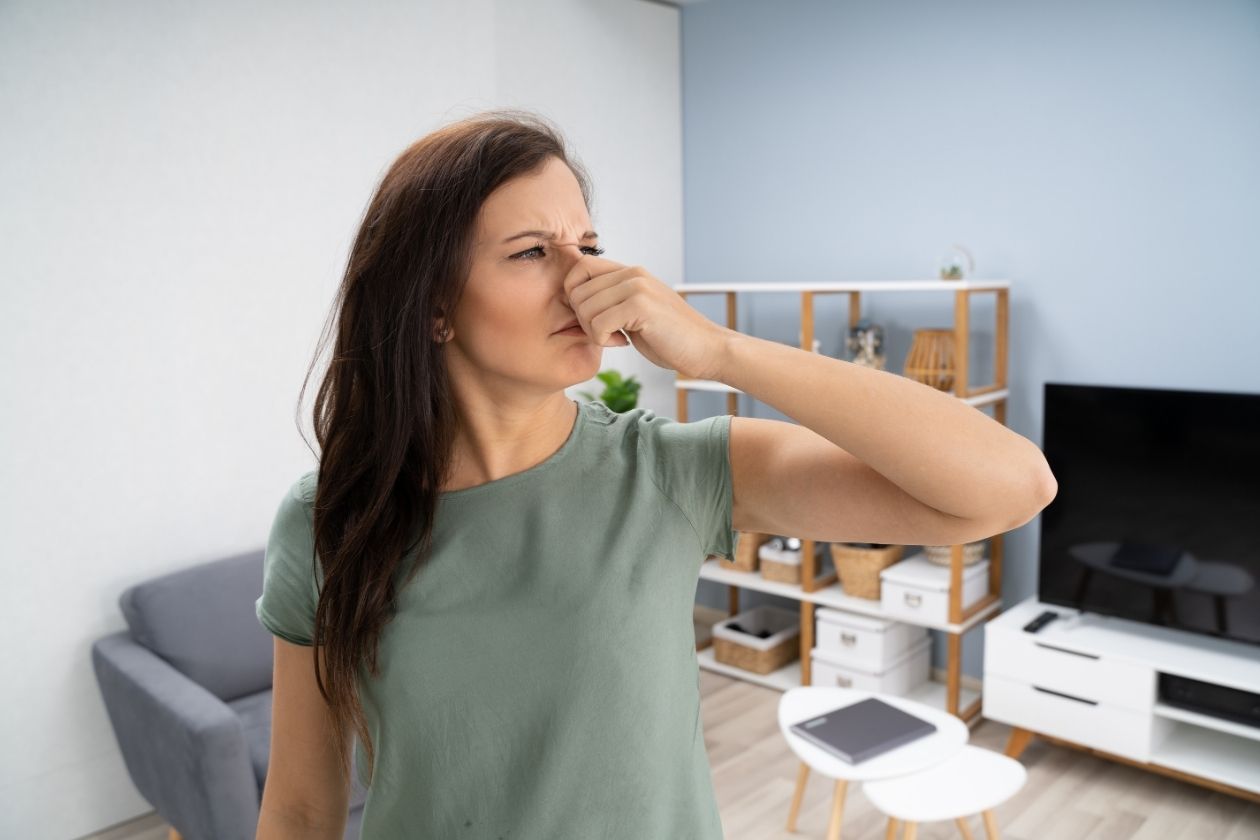One of the best ways to prevent damage from dry rot is to catch the problem as early as possible. Unfortunately, dry rot often wreaks havoc behind the walls of a home for a considerable amount of time before it becomes noticeable. Thus, to stop dry rot in its tracks before it significantly damages the structure of your house you must stay vigilant. That being said, here are some of our top tips for spotting dry rot in a home.
Table of Contents
Use Your Nose
One way to spot dry rot early on is to be mindful of any strange scents floating around your house. Dry rot gives off a very specific earthly smell that resembles damp soil or mushrooms. As the dry rot spreads, this smell will grow stronger and stronger. If you notice that your home smells a little more musty than usual, you should conduct a further investigation. There is a chance that your home may have dry rot flourishing behind its walls.
Keep An Eye Out For Strange Dust
Another one of our top tips for spotting dry rot in a home is to keep an eye out for concentrated patches of dust. But not just any average dust bunnies. Instead of a typical gray color, dust from dry rot fungus spores will have an orangish-brown color. While many homes that don’t necessarily have a dry rot problem can have dry rot fungus spores floating around, sizable patches of concentrated rust-colored dust is often a glaring sign that something isn’t quite right.
Inspect Your Timber For Signs of Damage
If the wood in your home is looking a little off, you may have a dry rot problem on your hands. Wood that has been infested with dry rot will likely show numerous signs of physical damage. For example, the timber may have cracks in its grain, gray strands, a darkened tone, or white fungal growth on its surface which resembles cobwebs. In addition to such physical signs, the timber will likely be soft or crumble to the touch.




